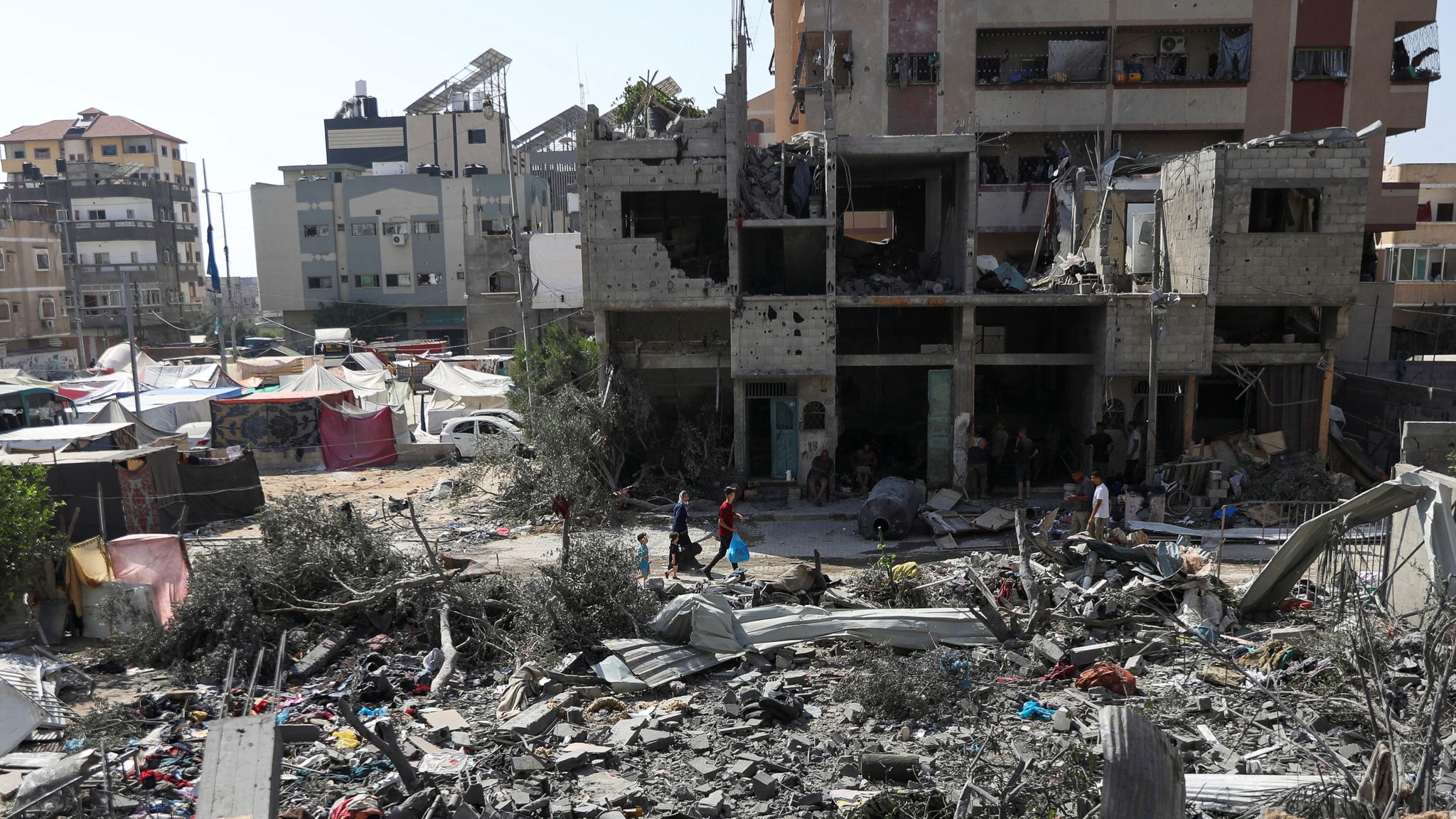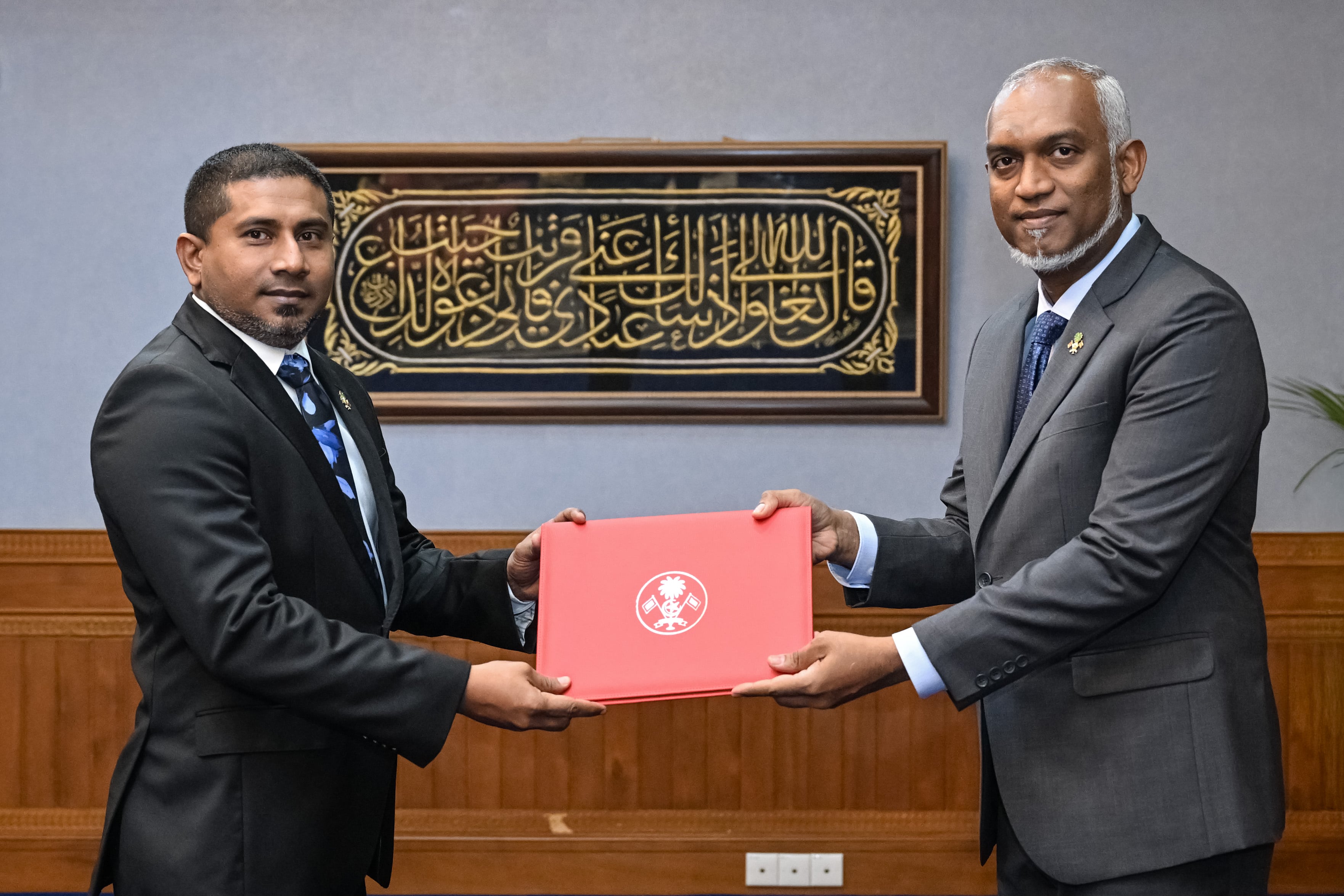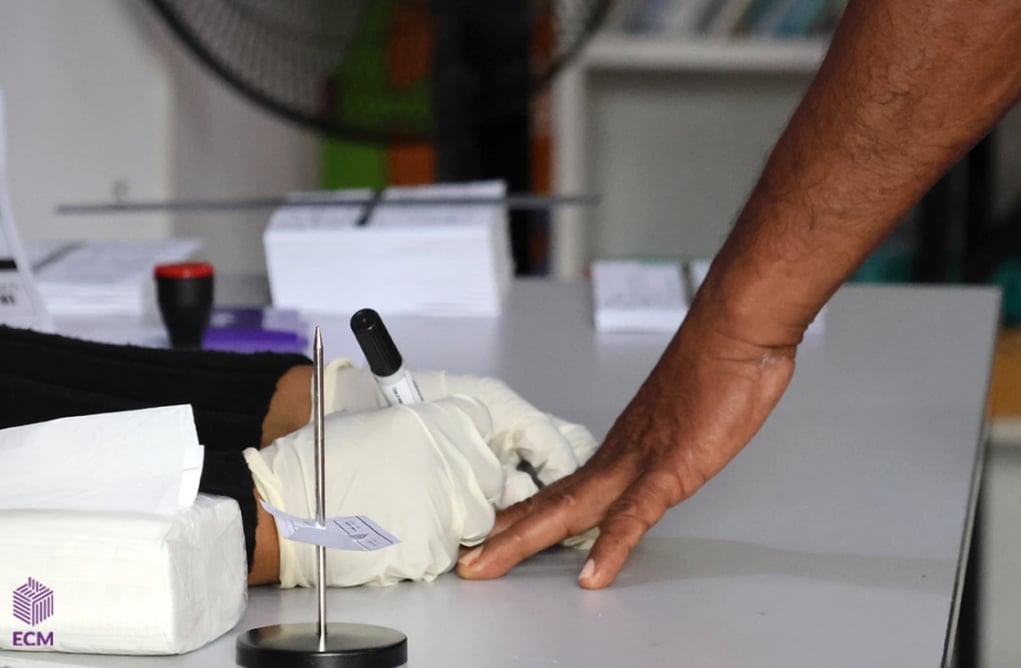On Wednesday, Hamas stated its "positive" response to a US ceasefire proposal for the ongoing eight-month conflict in the Gaza Strip, suggesting it opened a "wide pathway" to reaching an agreement. However, the future remains uncertain as neither Hamas nor Israel have publicly committed to a deal.
Hamas submitted its formal response on Tuesday to the proposal outlined by US President Joe Biden on May 31. While Israel interpreted the response as a rejection, a Hamas official indicated that the group had reiterated its longstanding demands that the current plan did not meet. Egypt and Qatar confirmed receiving Hamas' response but did not disclose its contents.
Izzat Al-Rishq, a member of Hamas’ political bureau, stated early Wednesday that the group's response was "responsible, serious and positive," suggesting it could lead to an accord. Another unnamed Hamas official told Reuters that their response reaffirmed their stance that a ceasefire must include a permanent end to hostilities in Gaza, the withdrawal of Israeli forces, the reconstruction of the Palestinian enclave, and the release of Palestinian prisoners in Israel.
The US has claimed that Israel accepted its proposal, though Israel has not publicly confirmed this. Amid ongoing assaults in central and southern Gaza, Prime Minister Benjamin Netanyahu has maintained that Israel will not end its campaign until Hamas is eliminated.
An Israeli official, speaking anonymously, stated that Hamas had "changed all of the main and most meaningful parameters" and rejected a proposal for a hostage release presented by President Biden. Another non-Israeli official, also speaking anonymously, said Hamas proposed a new timeline for a permanent ceasefire and the withdrawal of Israeli troops from Gaza, including Rafah.
The UN Security Council voted in favor of a US resolution supporting Biden's proposal on Monday. Hamas official Sami Abu Zuhri told Reuters that Hamas accepted the Security Council resolution and was ready to negotiate the details of a ceasefire.
Hamas submitted its formal response on Tuesday to the proposal outlined by US President Joe Biden on May 31. While Israel interpreted the response as a rejection, a Hamas official indicated that the group had reiterated its longstanding demands that the current plan did not meet. Egypt and Qatar confirmed receiving Hamas' response but did not disclose its contents.
Izzat Al-Rishq, a member of Hamas’ political bureau, stated early Wednesday that the group's response was "responsible, serious and positive," suggesting it could lead to an accord. Another unnamed Hamas official told Reuters that their response reaffirmed their stance that a ceasefire must include a permanent end to hostilities in Gaza, the withdrawal of Israeli forces, the reconstruction of the Palestinian enclave, and the release of Palestinian prisoners in Israel.
The US has claimed that Israel accepted its proposal, though Israel has not publicly confirmed this. Amid ongoing assaults in central and southern Gaza, Prime Minister Benjamin Netanyahu has maintained that Israel will not end its campaign until Hamas is eliminated.
An Israeli official, speaking anonymously, stated that Hamas had "changed all of the main and most meaningful parameters" and rejected a proposal for a hostage release presented by President Biden. Another non-Israeli official, also speaking anonymously, said Hamas proposed a new timeline for a permanent ceasefire and the withdrawal of Israeli troops from Gaza, including Rafah.
The UN Security Council voted in favor of a US resolution supporting Biden's proposal on Monday. Hamas official Sami Abu Zuhri told Reuters that Hamas accepted the Security Council resolution and was ready to negotiate the details of a ceasefire.


















